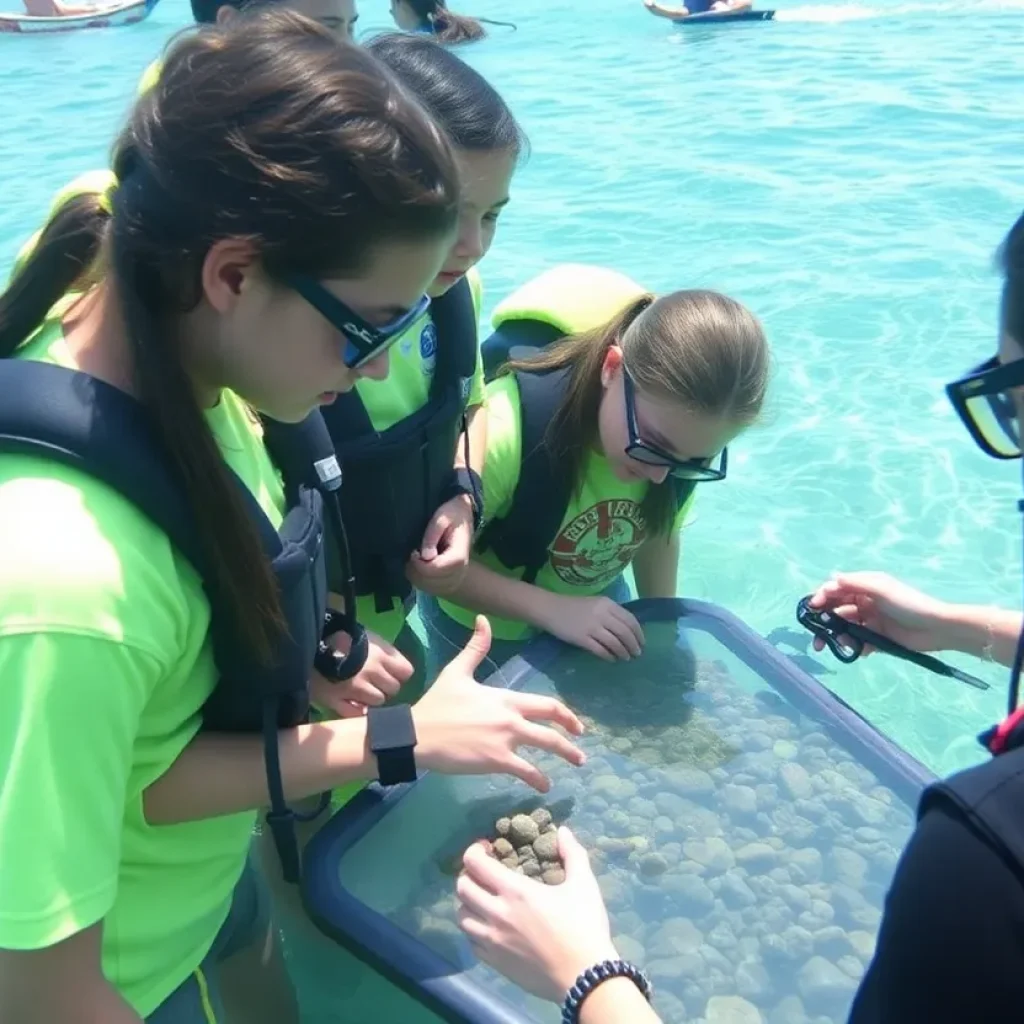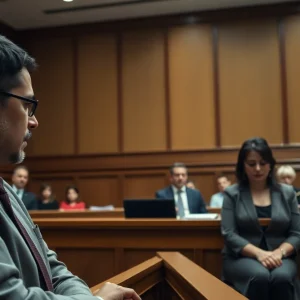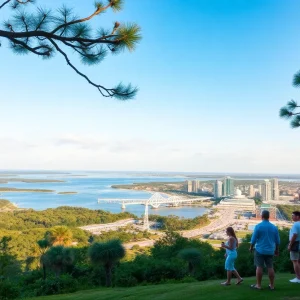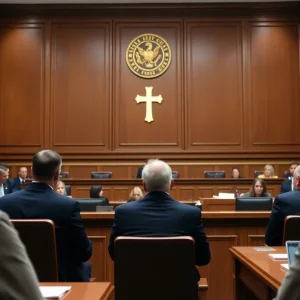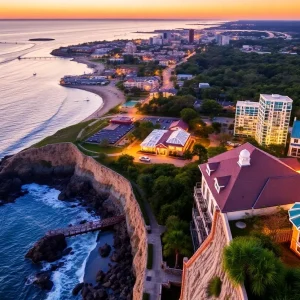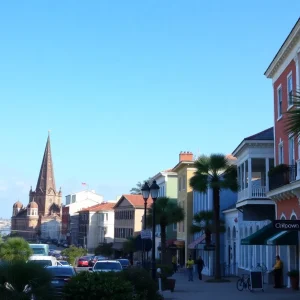Beaufort Students Revive Marine Research on Pritchards Island
BEAUFORT – Students at the University of South Carolina Beaufort are playing a vital role in protecting and researching loggerhead sea turtles on Pritchards Island, a pristine barrier isle located off the southern coast of South Carolina. After facing the threat of losing access to this critical research location, the campus has made a strong comeback thanks to state funding.
In a remarkable turnaround, USC Beaufort’s marine biology program has increased its enrollment from merely six students in 2020 to a booming 116 today. This surge in interest comes in the wake of legislative action, which allocated $500,000 to the university in the state budget, enabling a renewed focus on marine research and conservation.
Restoring Research on Pritchards Island
Pritchards Island, which was donated to the university by Atlanta businessman Philip Rhodes in 1982, has become a vital research site. However, from 2009 through last year, the island was largely forgotten as funding dwindled, causing the former research center to fall into disrepair. Federal, state, and private funding had ceased following Rhodes’ passing. This inactivity left the island vulnerable to erosion, which threatened its valuable ecosystem.
Professor Kim Ritchie noted the historical significance of the island for research. “It was a pretty successful research program up until funding fell off,” she explained, detailing how professors previously monitored various coastal species, including turtles, oysters, and shrimp.
A New Era of Research
With the new funding in place, faculty and students have regained access to the island and initiated a variety of research projects this past year. Cameras have been installed to monitor snake and lizard populations, while underwater sensors are gathering data on the sounds produced by fish and alligators. Notably, researchers have identified a previously unstudied dolphin population as part of their exploration efforts.
Graduate students even traveled from the Netherlands to study sand dune vegetation in connection with erosion control along the East Coast, showcasing the expanding scope of the program.
Hands-On Experience for Students
The renewed focus on marine biology not only enhances scientific understanding but also provides practical experience for students. “Ordinarily, when you start a sea turtle monitoring program, new volunteers don’t get to go anywhere near a sea turtle for a couple years. They have to just watch,” Ritchie stated. “We got out there and the students were binding nests and helping babies right away.” This immersive experience is crucial in preparing students for their future careers.
Furthermore, the grants have allowed USC Beaufort to offer paid research internships, getting students involved with the South Carolina Department of Natural Resources long before they graduate. This direct experience is invaluable in a field where competition for jobs is fierce.
Broadening Future Opportunities
The influx of funding and research activity has also facilitated the addition of new faculty members with a range of expertise. Ritchie noted that these changes open doors for students to engage in diverse projects, including deep-sea exploration and shark tagging, enriching their academic experiences.
“Everybody wants to be a marine biologist, but you have to have the right connections and the right background,” Ritchie highlighted, emphasizing the necessity of gaining practical experience in a competitive landscape.
A Protected Natural Habitat
The location’s natural condition, unaffected by erosion control operations or heavy human activity, offers a baseline for comparison against more developed coastal areas. It allows for the study of a healthy ecosystem, undisturbed and thriving.
As research continues to thrive on Pritchards Island, students, faculty, and the local community stand to benefit from a deeper understanding of marine ecosystems and the role they play in biodiversity and conservation efforts along South Carolina’s coastline.



